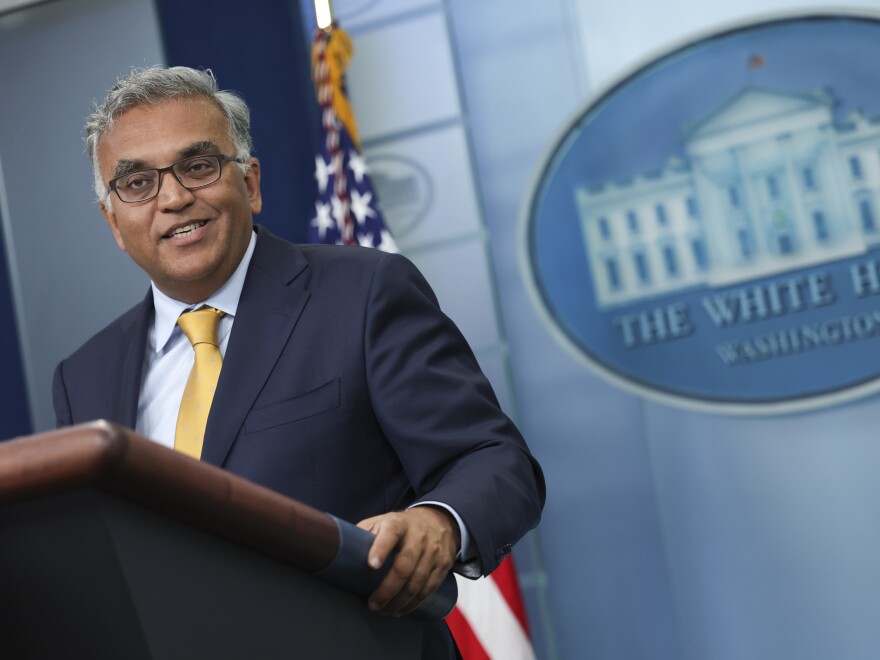The White House laid out the federal government's plans to make the first COVID-19 vaccines available for very young children.
COVID-19 vaccinations for kids younger than 5 could start right after the Juneteenth holiday.
In a White House briefing on Thursday, Dr. Ashish Jha, the White House's COVID-19 response coordinator, said if the Food and Drug Administration authorizes vaccines for the youngest kids soon after a June 15 advisory meeting, shipments of the first 10 million doses could start arriving at doctors' offices as soon as the following weekend.
Advisers to the Centers for Disease Control and Prevention would also have to weigh in. Ultimately, the CDC's director, Dr. Rochelle Walensky, would have to give the go-ahead before vaccination could start.
"We expect that vaccination will begin in earnest as early as June 21 and really roll on throughout that week," Jha said.
Jha said that every parent who wants to vaccinate their baby (6 months and older), toddler or other child younger than 5 could likely do so within weeks after the shots become available.
This timeline is consistent with past FDA and CDC decision-making on COVID-19 vaccines.
Copyright 2022 NPR. To see more, visit https://www.npr.org.





